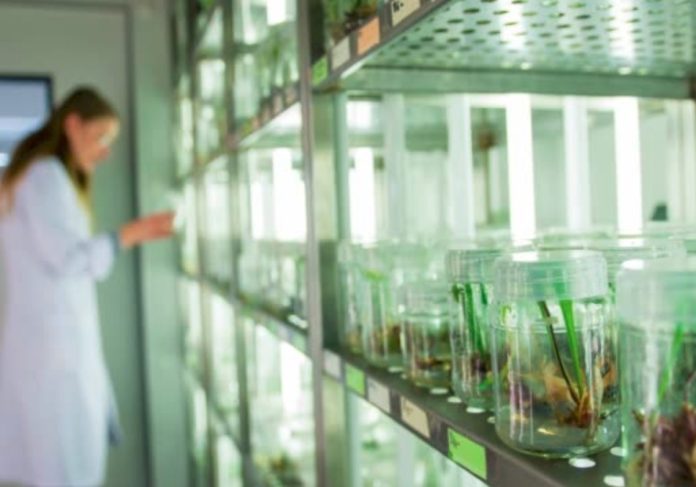Researchers at Tel Aviv University (TAU), an Israeli-based institution, have made a discovery in plant gene editing that will change the future of agriculture production.
This discovery allows scientists uncover gene and traits that functional redundancy previously hid. Before now, gene editing methods could only turned up functions of about 20% of genes in the genome. Thus, using this method to improve plants only goes as far as few features.
Also, besides locating the responsible gene, scientists have also not been able to pinpoint the kind of mutation that leads to trait changes. Instead, they resort to producing modifying genes in different ways and examining the plant’s new traits.
However, with the new discovery, it is possible to achieve more targeted changes in plants.
“But until a few years ago, it wasnât possible to intervene genetically in a targeted manner but only to identify and promote desirable traits that were created randomly. The development of gene editing technologies now allows precise changes to be made in a large number of plants,” Prof. Eilon Shani, who worked with the research team said.
What can this new gene editing method achieve?
The research team used an innovative technology called CRISPR (Clustered Regularly Interspaced Short Palindromic Repeats), bioinformatics techniques and molecular genetics to develop their method.
One example of what the team achieved while testing their new technology was identify specific proteins that hold a mechanism responsible for transporting cytokinin hormones. This hormone contributes to optimal plant development and improving the proteins can lead to better yield.
The significance of the technology in agriculture is huge. For example, researchers have been looking for how to improve traits like resistance to droughts, pests, and diseases, as well as increasing yield. If the new method reveals the pool of genes that is responsible for this and what kind of mutation leads to these results, it could lead to better production.
Shani believes that controlled and targeted crop improvement on a large scale is agriculture’s future. “Today we are applying the method we developed to rice and tomato plants with great success, and we intend to apply it to other crops as well,” Shani added.
Already, Ramot, a commercialisation company owned by TAU has established DisTree to apply the new technology to several crop varieties. Ramot and AgChimedes group, an agric-focused investment firm, fund DisTree’s goal of solving world hunger with climate-friendly methods.



